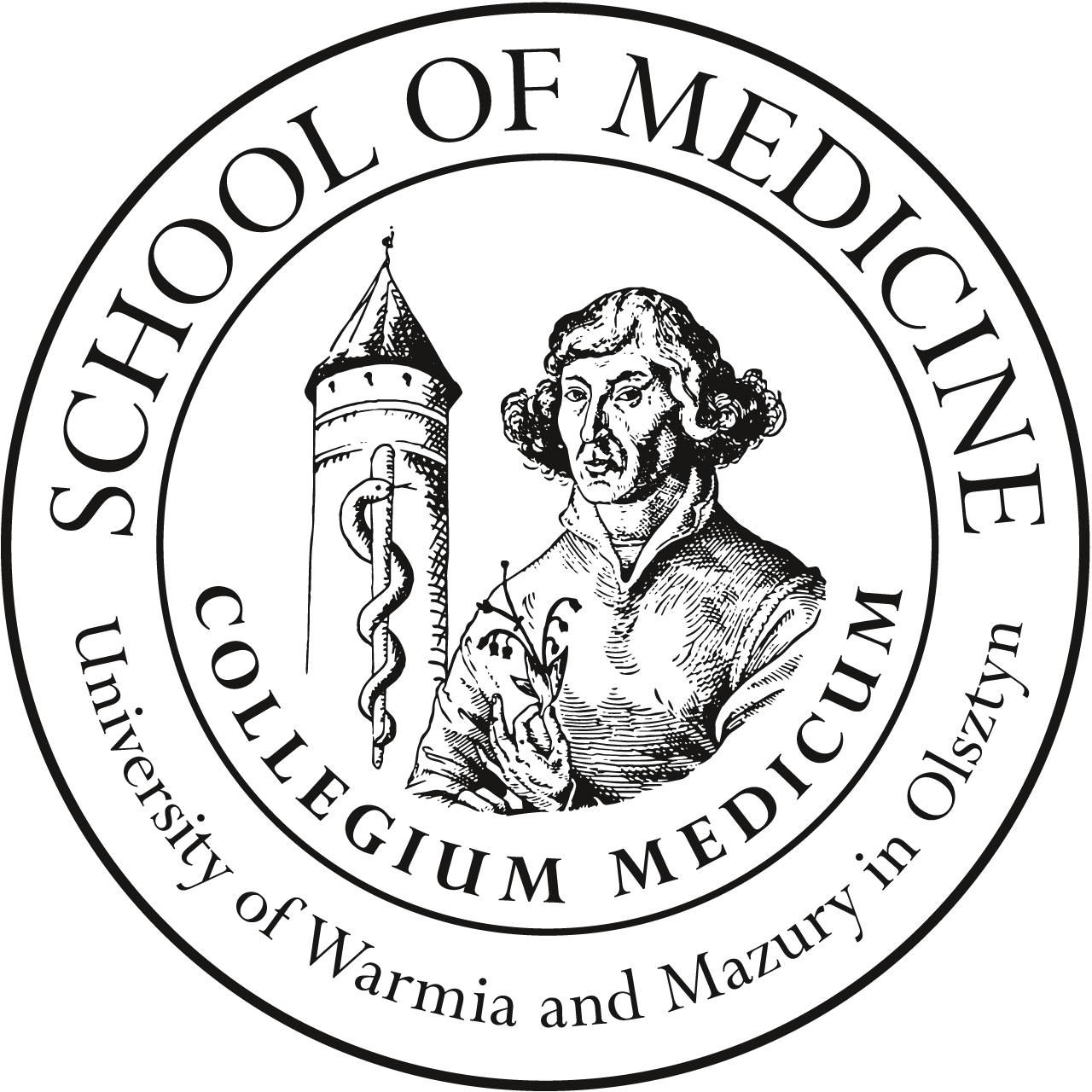SCHEDULES AND THEME
TEACHER'S:
Jolanta Kiewisz, PhD
Katarzyna Zaborowska-Sapeta, MD, PhD
CLASSES:
- Pain - historical outline. Brain structures associated with pain perception. Embryonic development of brain structures related to perception and pain conduction pathways. Types of pain: physiological and pathological; visceral pain, wall pain, reflected pain; acute pain, chronic pain. Pain receptors, conduction pathways, and their properties, and gating mechanism.
- Physiology of pain. Mechanism of receptor and neuropathic pain. Mechanisms of sensitization (chronification) central and peripheral, acute and chronic pain. Modulation of pain sensation. The central pain suppression system. Importance of opioid peptides in pain suppression. Potential methods of monitoring pain transmission.
- Introduction to the clinic. History and examination of the pain patient. Pain assessment scales and methods. Principles of pain treatment. Distinctions in children and the elderly.
- Groups of drugs. Interactions of pain medications.
- Examples of the most common pain syndromes with a discussion of the treatment principles: neuralgias and discogenic pain.
- Psychology of pain and psychosomatic syndromes. Psychology of pain (placebo/nocebo). Antidepressants in the treatment of pain.
- Non-pharmacological methods of treating pain.
- Discussion of clinical cases part 1.
- Discussion of clinical cases part 2.
- Repetition of the most important issues and credit.


